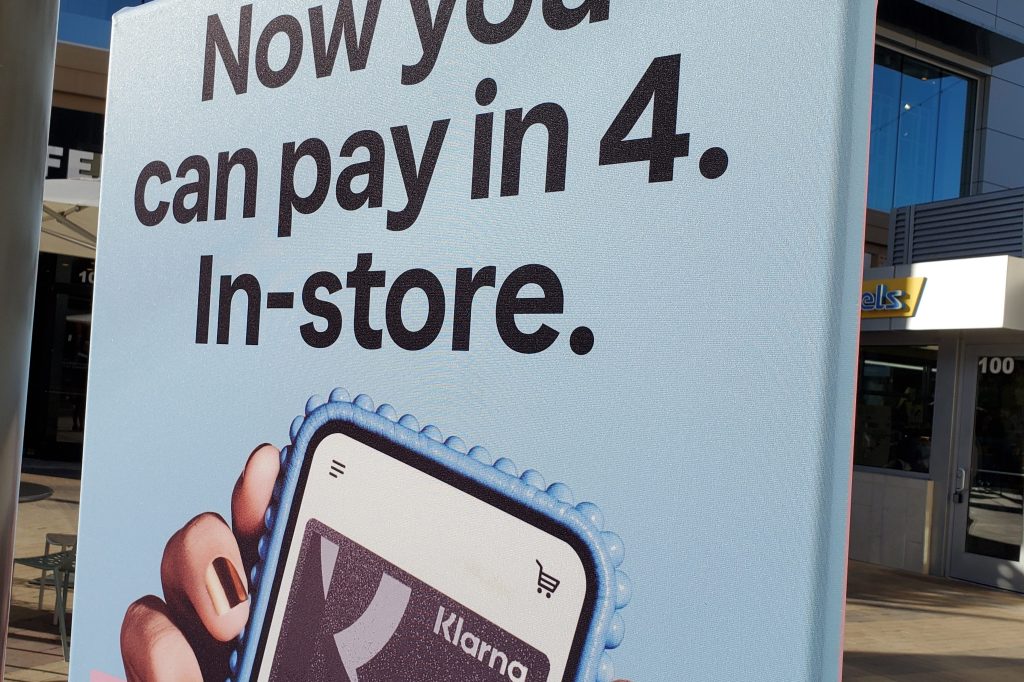A new study about the use of buy-now-pay-later (BNPL) services in the UK has prompted calls for the practice to be regulated. Currently, lenders offering the service do not have to be regulated by the FCA, and the UK government appears to be backtracking on commitments to regulate a payment method used by over 10 million people in the last 12 months.
Research carried out for the Money & Pensions Service (MaPS), an arm’s-length body sponsored by the Department for Work and Pensions, revealed some worrying trends about the increasing use of BNPL as the cost-of-living crisis continues to bite. The project drew its conclusions from a sample of 2,507 UK BNPL users between March 13 and 20, 2023.
Most worryingly, one in five respondents said they now used BNPL more for essentials such as groceries than for more expensive purchases, with half those questioned saying the recent rises in prices has changed how they use BNPL. Women are more likely to use BNPL to buy essentials (33%) than men (28%), and those classified as “struggling or squeezed” financially were more likely to use the method for essential items.
Nine out of 10 respondents did not know they would not be protected by the FCA if something went wrong with their payments, two in three didn’t know BNPL isn’t always an agreement between them and the retailer, and four in 10 did not know they could be approved for BNPL even if they couldn’t afford it.
BNPL booming
BNPL is offered by over 20,000 merchants and accounts for 5% of the UK e-commerce market – that’s £6.4m ($8m) of business. The method has seen an annual growth rate of 200-300% and it is estimated to make up 10% of UK e-commerce spending by 2024. The global market is estimated to grow to $900bn by 2026.
In the UK, take-up is strongest among the under-40s, but demand is increasing across the board. The MaPS research found that more than half those surveyed currently had at least one BNPL purchase still to be paid off in full, six in 10 have multiple outstanding payments, and over half have BNPL debt worth more than £100.
Another area for concern identified was the disconnect between perceptions of BNPL and credit card debt. Consumers do not always see BNPL credit as debt, and the fact that BNPL providers allow the use of credit cards as a repayment option is cause for concern. Half the respondents aged 18-24 had transferred BNPL debt to a credit card.
Because BNPL providers fall outside the FCA’s remit, they are not required to run affordability checks on users. So it is too easy for consumers to take on more debt than they can afford. A survey carried out by Forbes Advisor in November 2022 found that almost one in four consumers are missing monthly payments.
Credit reference agencies
The study notes that some providers have implemented measures to improve consumer understanding of contract terms since the UK government published draft legislation. Klarna, for example, has made a commitment to report to credit reference agencies Experian and TransUnion, and the FCA has worked with Clearpay and Klarna to revise contract terms.
But reports in the last few months suggest the UK government is preparing to kick regulation plans into the long grass. BNPL providers have threatened to quit the UK if what they see as heavy-handed regulation is introduced, and ministers are said to be worried that any regulatory move would reduce the availability of low interest products.
The MaPS research says action does need to be taken, and says that if the draft legislation is put into place, up to 876,000 UK consumers could be stopped from falling into debt in a year. It recommends a number of measures.
- Ensure consumers have easy access to information about the credit they are taking on and its total cost.
- Assess ability to repay debt.
- Make clear BNPL products are a form of credit.
- Make the consequences of taking on BNPL credit on credit scores and future payments clear.
- Introduce repayment nudges to encourage consumers to pay off a larger chunk of debt.
- Use pop-up boxes to help inform understanding of and decision-making about BNPL products.

















